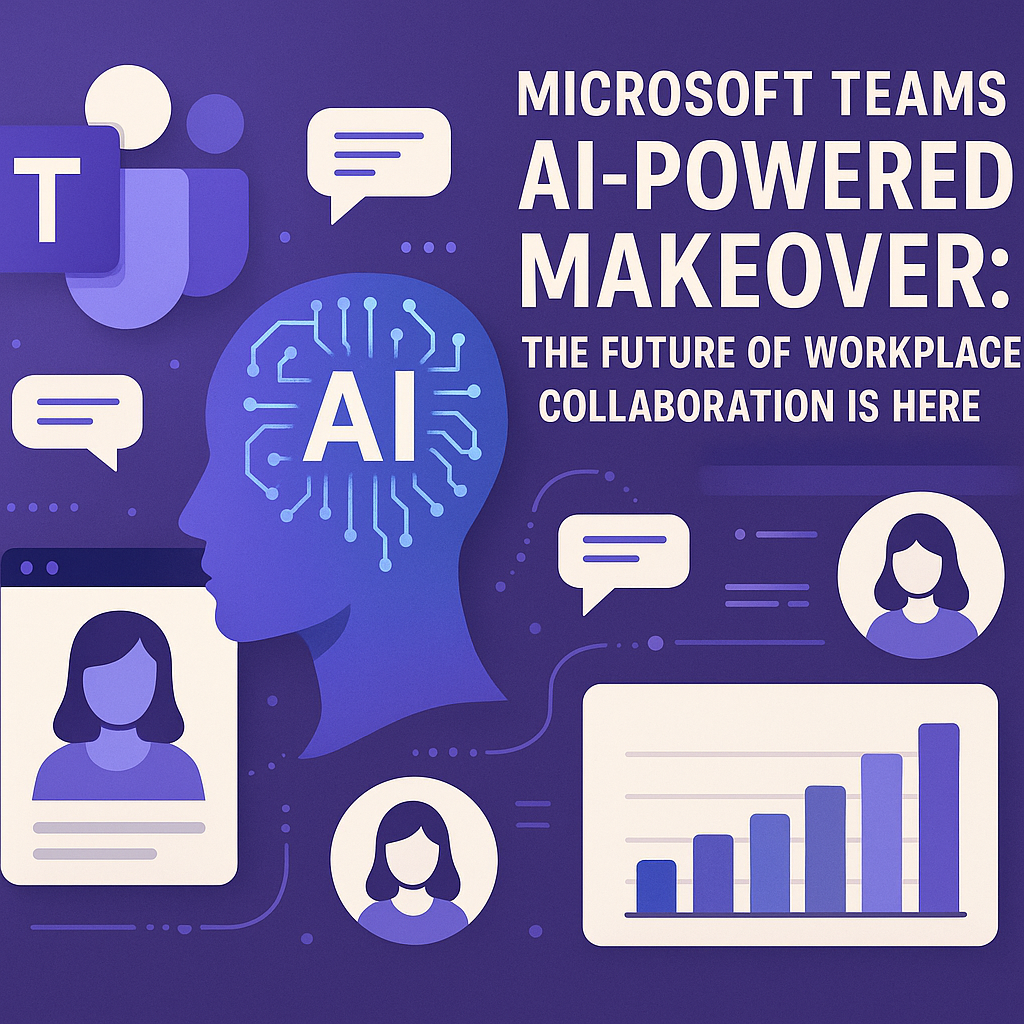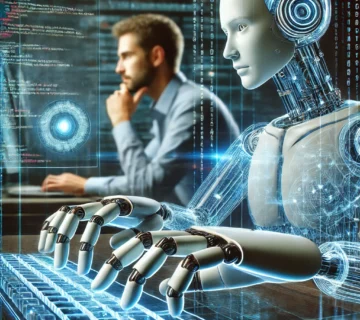
Microsoft Teams Gets AI-Powered Makeover: The Future of Workplace Collaboration is Here
Microsoft Teams AI capabilities, introducing various Copilot agents designed to revolutionize workplace collaboration and productivity. Specifically, the text details new Facilitator agents for dynamic meeting management, Channel agents for knowledge retrieval, and SharePoint knowledge agents for automated document organization, all available exclusively to Microsoft 365 Copilot subscribers. Furthermore, the document transitions to discuss Technijian, a managed IT services provider, positioning the company as an expert partner for organizations needing assistance with the complex implementation, training, security, and optimization of these new Microsoft AI features. Technijian emphasizes its comprehensive IT support and consulting services across Southern California to help businesses adopt the latest AI technology efficiently and securely. ... Read More
